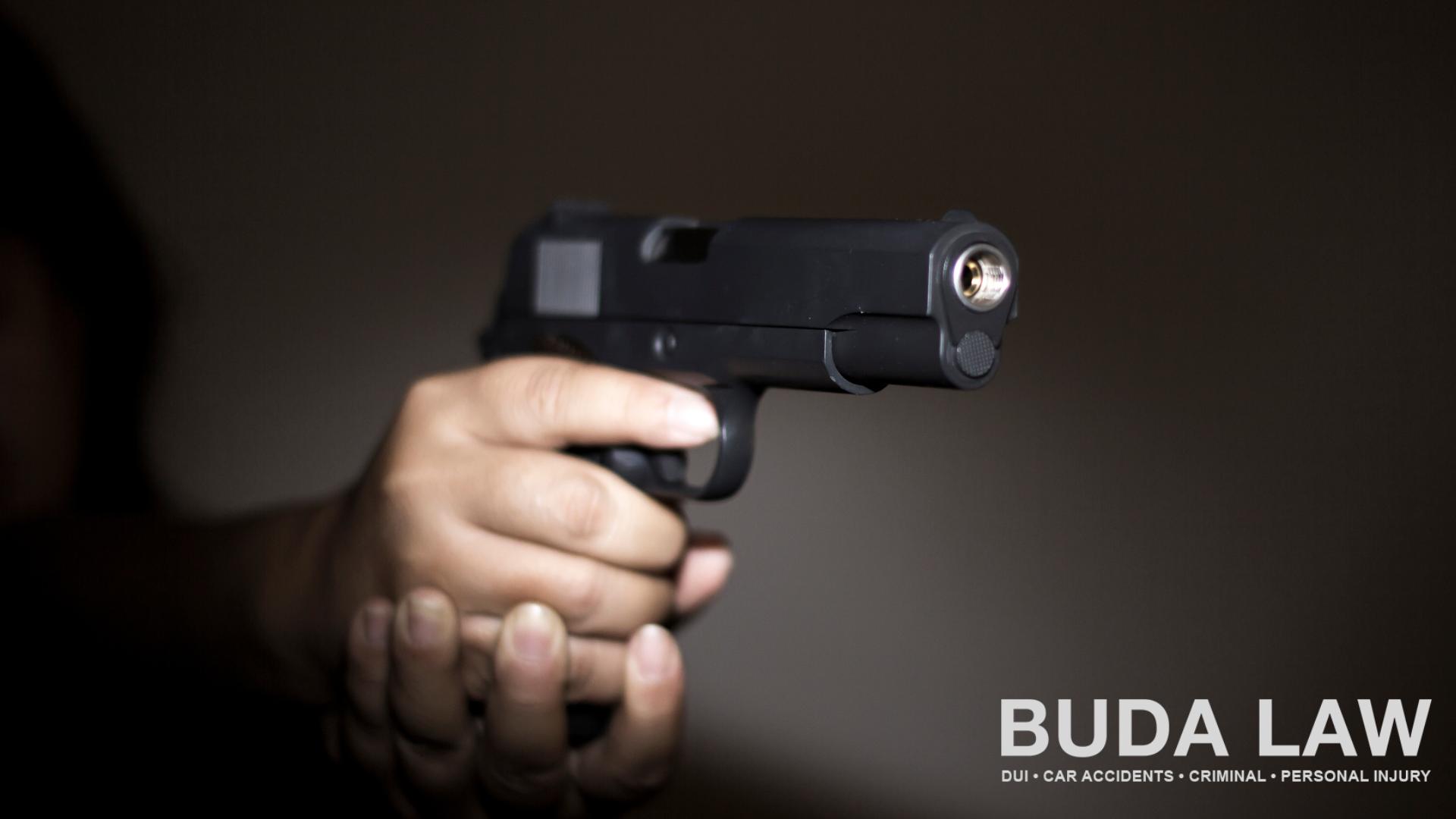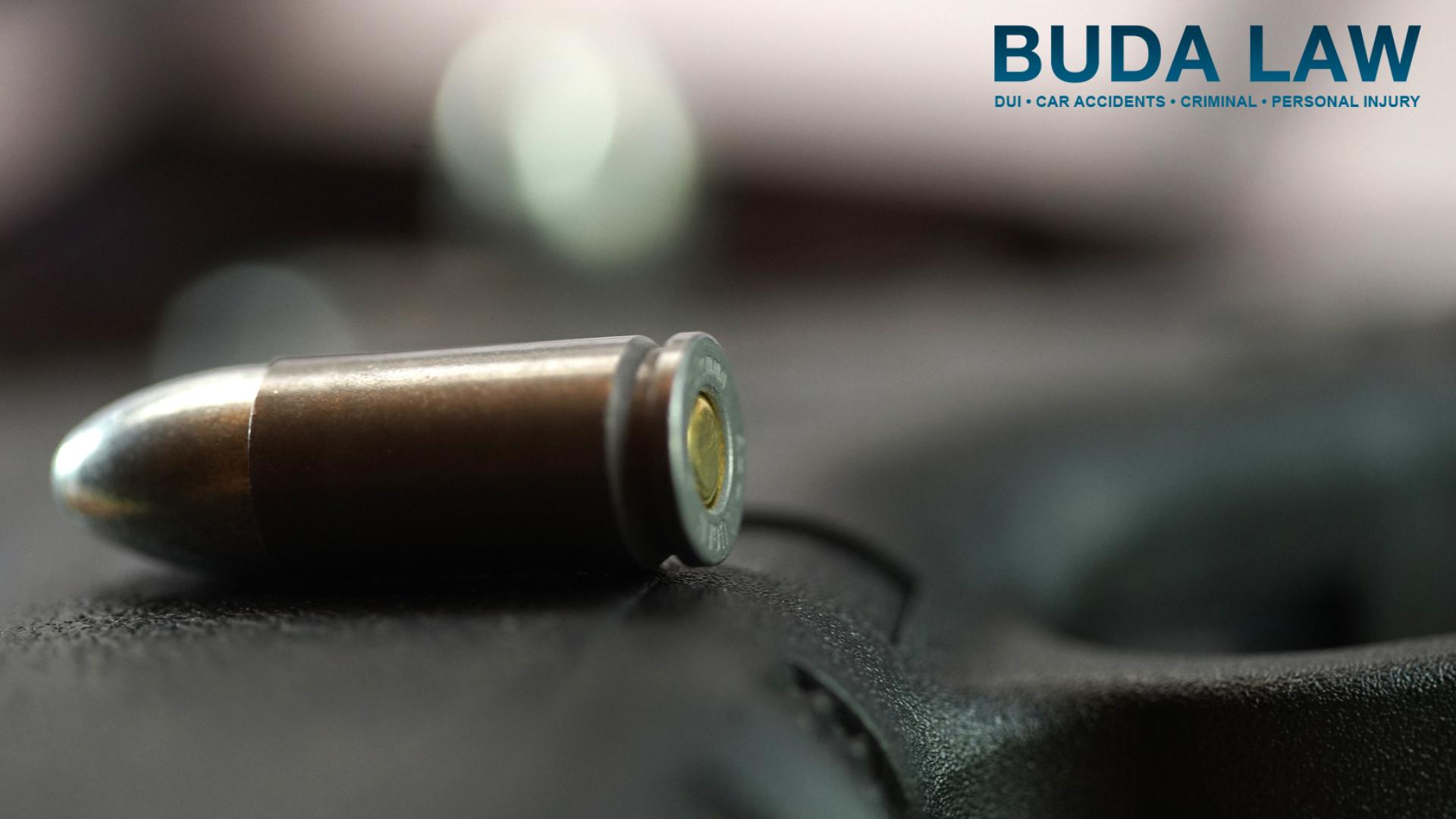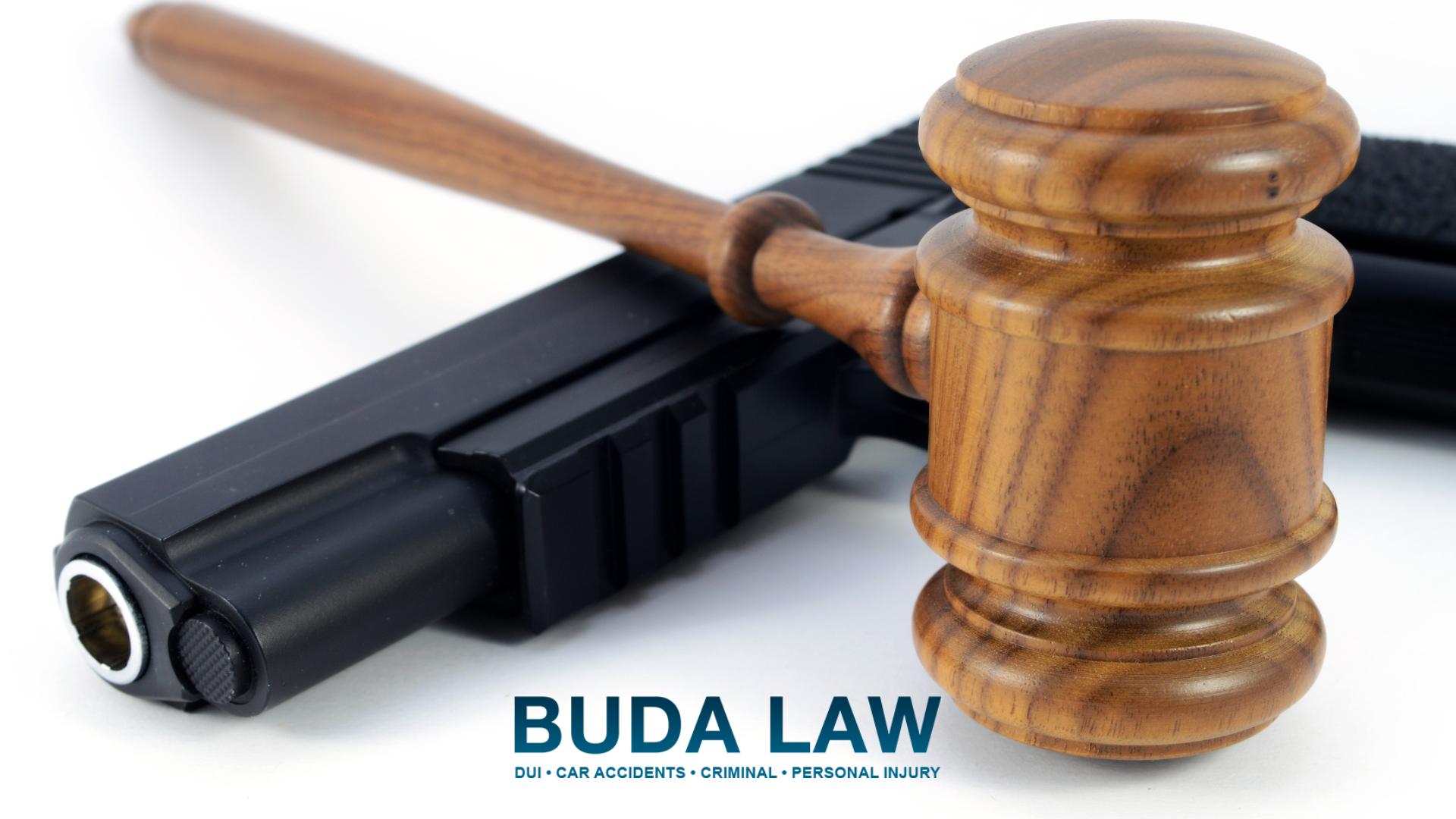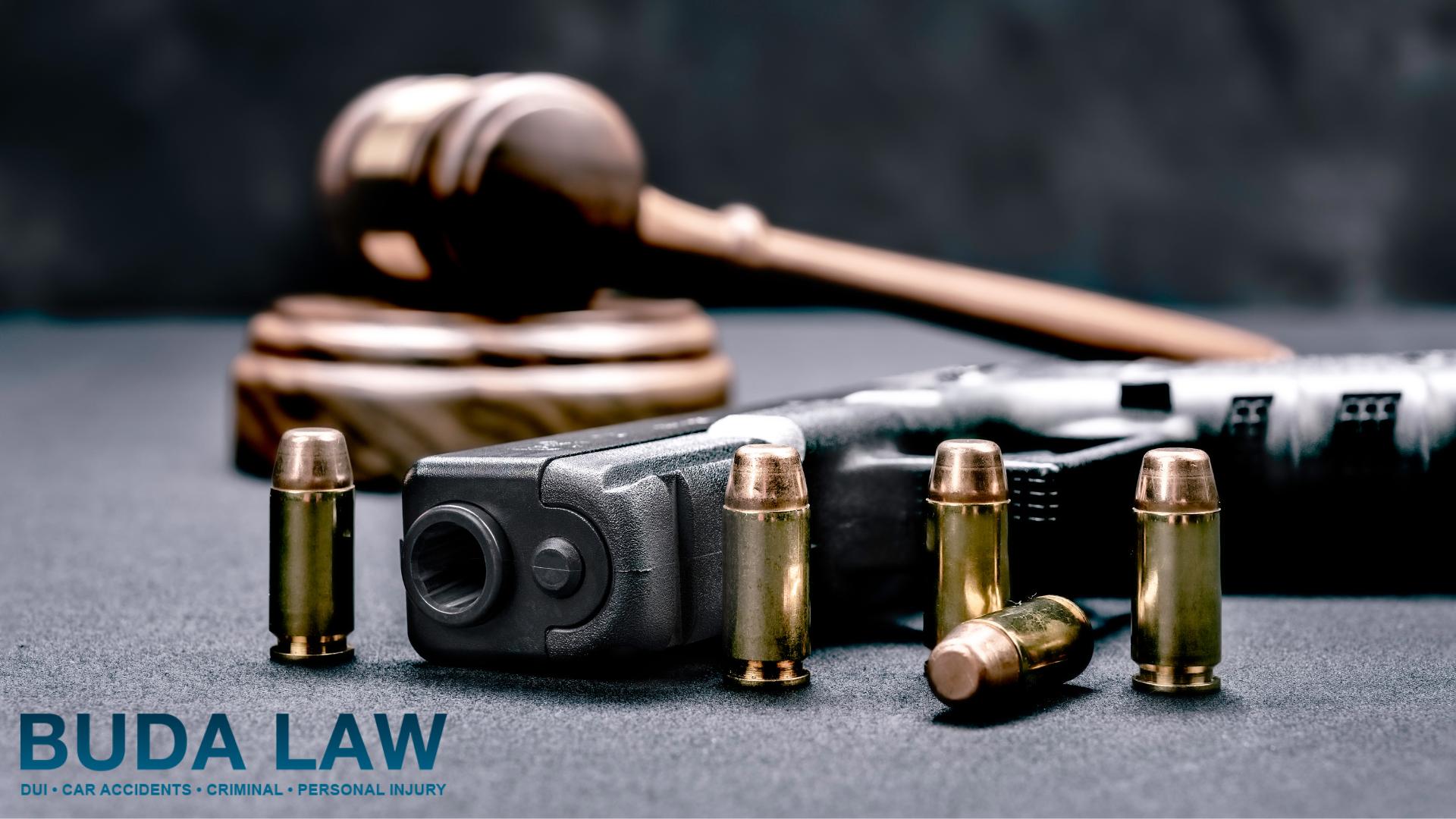One never hopes to be in a situation where they must use deadly force to protect themselves or their family. However, when that happens, you expect your rights to be protected when acting in self-defense. If someone attempted to commit an unlawful act involving force against you, you should not fear facing prosecution when acting in self-defense. That’s where Florida’s Stand Your Ground law comes into play.
If you used self-defense against someone attempting unlawful and forcible entry into your home, vehicle, or other dwellings, Florida’s Stand Your Ground law could help you avoid criminal charges if you were within your legal rights. While the laws were created to protect those acting in self-defense, there are still some gray areas that prosecutors can use to attack you and your rights. It’s crucial to obtain legal representation from an experienced Tampa criminal defense attorney to protect those rights.
Attorney Andrew Buda has years of experience in the courtroom, on both sides, thanks to his time serving as a prosecutor for Pinellas County. His knowledge of how the prosecution operates allows him to build an even more vigorous defense in your favor against any alleged criminal charges. If you’re looking for the best criminal defense lawyer in Tampa, call Buda Law at 813-322-2832 to schedule a free consultation today.

Is Florida a Stand Your Ground State?
In 2005, Florida adopted the Stand Your Ground law, which allows individuals the ability to use deadly force if they presume they are in imminent danger. According to this law, a person can stand his or her ground if such force will prevent imminent death or great bodily harm from happening to themself or another.
Florida’s Stand Your Ground law also permits individuals the right to use deadly force “to prevent the imminent commission of a forcible felony,” according to Florida Statute 776.012.
In order to for the use of deadly force to fall under the Stand Your Ground law requires one of the following:
- The individual believed that using deadly force was the only way to prevent imminent death or bodily harm to themself or another, or to prevent the imminent commission of a forcible felony; OR
- The individual acted under Florida Statute 776.013, and deadly force was used to defend their residence, vehicle, or dwelling.
Many states use the castle doctrine, which requires individuals to hide instead of using deadly force in public places. However, the castle doctrine does not cover an individual’s home or employment. Florida does not observe a castle doctrine.

Understanding Florida’s Stand Your Ground Law
Florida’s Stand Your Ground law was created to protect those that feared beyond reasonable belief that they were in imminent danger of death or great bodily harm and used self-defense. The alleged perpetrator was attempting to commit an illegal act or acts against the person and/or their family inside their legal dwelling, residence, or occupied vehicle. The use of deadly force was committed to protect themselves and their family.
Florida Statute 776.012 mentions that someone can use deadly force to prevent a forcible felony. According to Florida Statute 776.08, a forcible felony includes:
- Murder; manslaughter
- Treason
- Sexual battery
- Burglary
- Home invasion
- Carjacking
- Kidnapping
- Arson
- Aircraft piracy
- Aggravated battery
- Aggravated assault
- Aggravated stalking
- Unlawfully placing, throwing, or discharging a bomb or other destructive device
- Any felony that involves threatening violence or physical force against an individual
A Stand Your Ground defense will not protect you if you were attempting an illegal activity or used deadly force against a person that was legally allowed to be in your vehicle, dwelling, or residence. These laws are covered in Florida Statute 776.013, which we detail below.

Florida Statute 776.013
According to Florida Statute 776.013, an individual has the right to use self-defense if they are within their dwelling, residence, or occupied vehicle and expect imminent death or great bodily harm to happen to them or others if the alleged perpetrator unlawfully enters that space. Under this statute, the law assumes that the person who unlawfully and forcibly attempts to enter that space is doing so with the intent to commit an unlawful act that involves violence.
In Florida Statute 776.013, dwelling, residence, and vehicle are defined. Within these areas, the Stand Your Ground law may apply.
- Dwelling – a building or conveyance, including an attached porch, whether permanent or temporary, mobile or immobile, that has a roof, including a tent, and is made to be occupied for people to sleep in or take cover overnight
- Residence – a dwelling where a person stays either permanently or temporarily or is an invited guest
- Vehicle – a conveyance of any kind that was created to transport people or property, motorized or not
Florida Statute 776.013 does not apply if one of the following scenarios occurred when an individual used deadly force:
- The individual used deadly force against a person that is legally allowed to be in that vehicle, dwelling, or residence;
- The person using force is engaging in an illegal activity or is using their residence, dwelling, or vehicle for the illegal activity;
- The individual uses deadly force against a person that is attempting to remove a child or grandchild that they have lawful custody of or legal guardianship of; or
- The person uses deadly force against a law enforcement officer performing their duties, and they correctly identify themselves before entering the dwelling, vehicle, or residence.
If a person is not engaged in illegal activity and is attacked where they are legally allowed to be, they do not have to retreat and can use force if they believe they are acting in self-defense to prevent death or bodily harm.

Stand Your Ground Law Exceptions
There are some exceptions to Florida’s Stand Your Ground law:
- An individual cannot claim self-defense if they were committing a crime.
- A person cannot use deadly force against a law enforcement officer when they are performing his or her official duties.
- If a person provoked another party and used deadly force in self-defense against that party.
- If a person is involved in a confrontation, but the other party tries to remove themselves from the situation.
Experienced criminal defense attorneys can only defend individuals against criminal charges using the Stand Your Ground Law if they used such force in a place they were legally allowed to be.

Call Tampa Criminal Defense Attorney Andrew Buda Today
You have the right to defend yourself and your property from someone attempting to commit an unlawful and forcible act against you and your family. You should not be prosecuted if you were within your rights. If you were in a situation where you believe Florida’s Stand Your Ground law can help you avoid criminal charges, you need an experienced criminal defense attorney on your side.
When you’ve abided by the Stand Your Ground law, the prosecution will attempt to prove that you did not act within the law’s guidelines. It’s your defense attorney’s responsibility to prove them wrong. Attorney Andrew Buda has years of experience in the courtroom, both prosecuting and defending Florida residents charged with criminal acts. As your Tampa criminal defense lawyer, Andrew Buda will prove the prosecuting attorney wrong by defending your self-defense claim. To meet with top Tampa defense attorney Andrew Buda, call 813-322-2832 today to schedule your free consultation.
